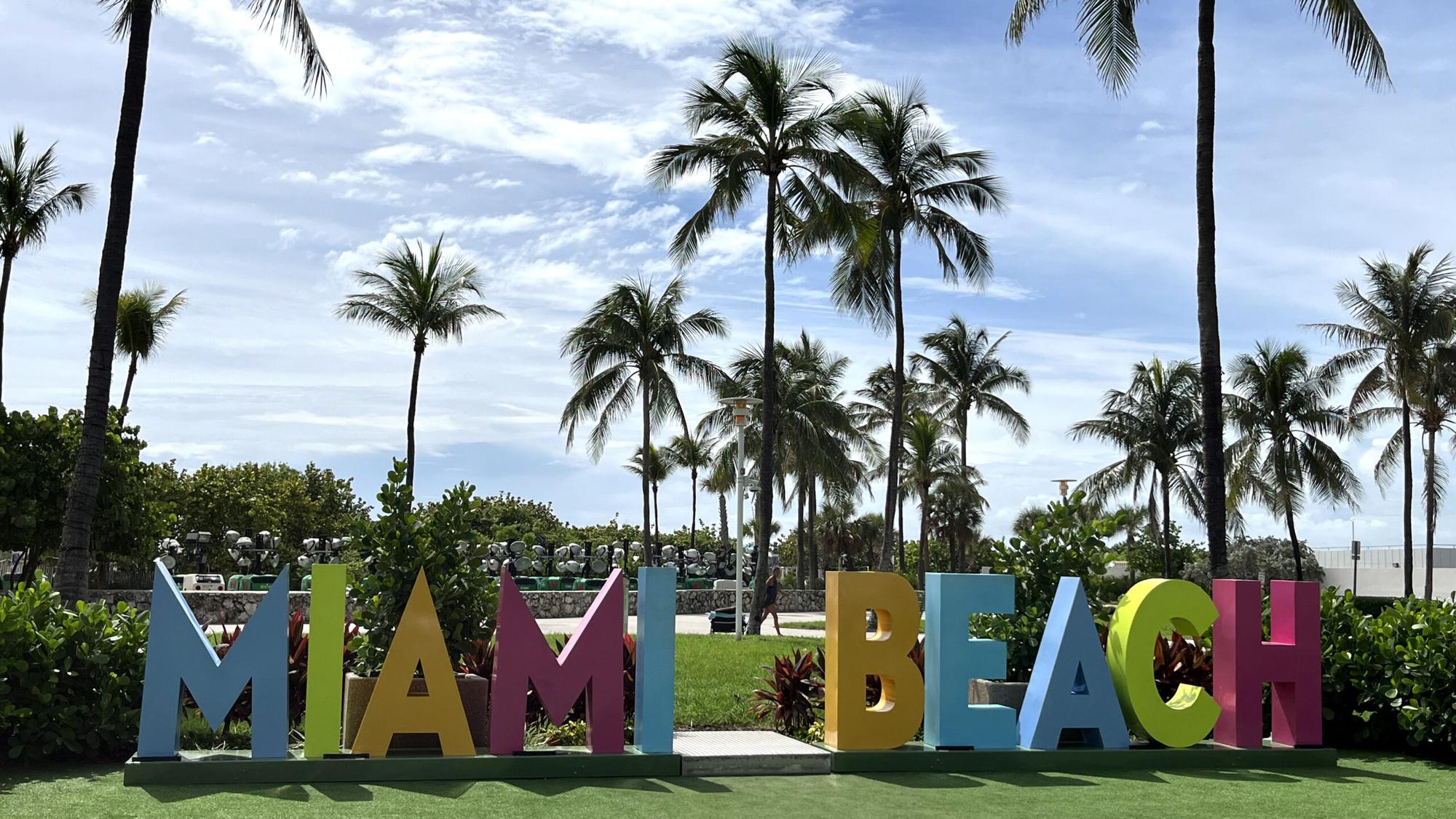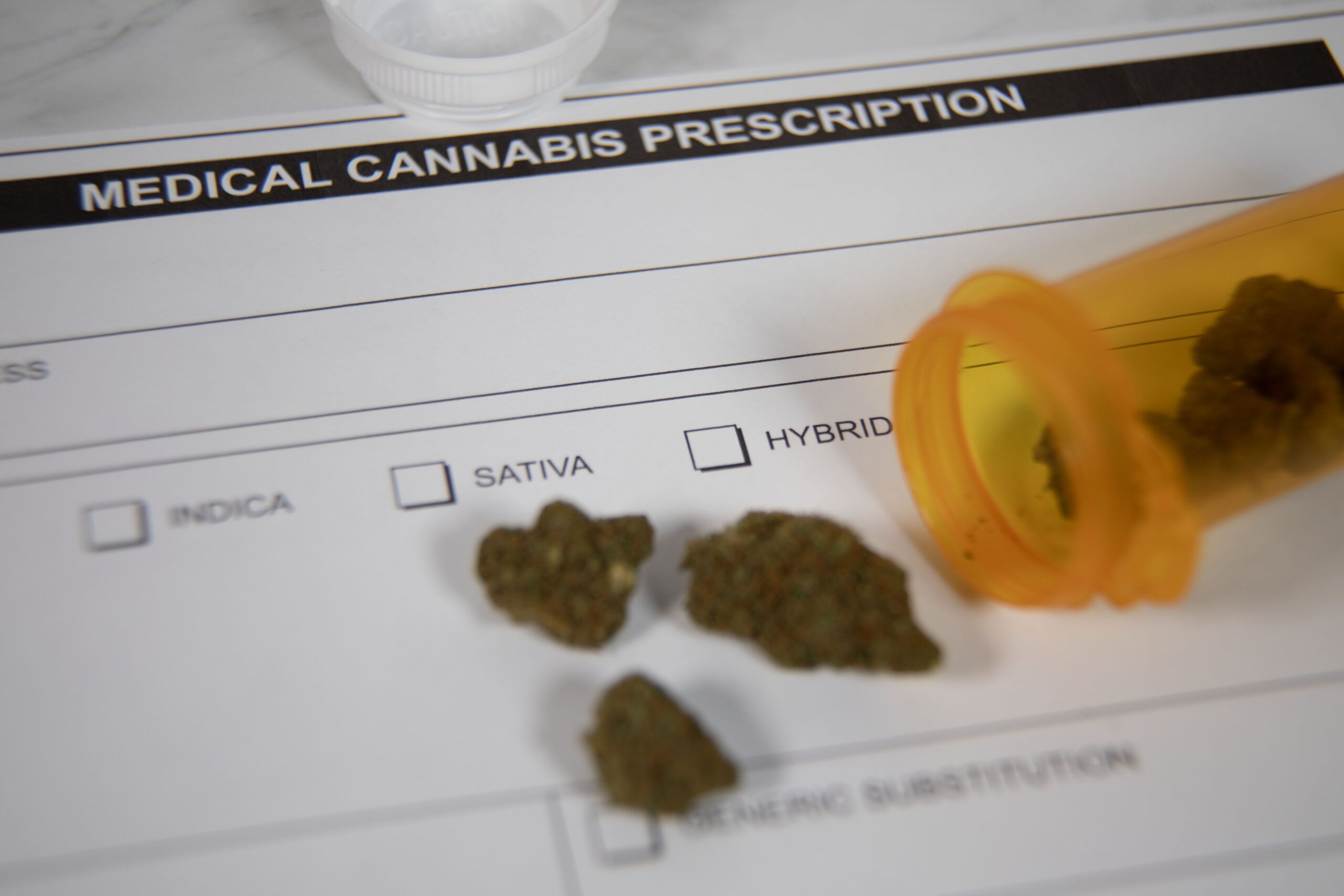When Amendment 3, Florida’s much-anticipated 2024 recreational cannabis initiative, hit the ballots, many South Floridians were hopeful this would be the year legalization went statewide. But, despite the buzz, Amendment 3 ultimately fell short, revealing a still-split perspective on cannabis in the Sunshine State, especially here in South Florida, where the cannabis culture is as complex as the region itself.
A Tale of Two Perspectives
South Florida’s cannabis community is diverse, to say the least. For those who rely on medical cannabis, the last few years have been transformative. Since Florida legalized medical marijuana, a growing number of residents have found relief for conditions like chronic pain, PTSD, and anxiety. As a new South Beach resident with a medical cannabis card, I’ve seen firsthand how many South Floridians have benefited from medicinal access, which has helped destigmatize cannabis across age groups and demographics.
But while medicinal use is mostly accepted, recreational legalization remains a polarizing topic. Some argue that full legalization would only make it easier for younger people to access cannabis, potentially fueling issues in local communities. Others believe that Florida’s conservative voting base, especially outside Miami-Dade, Broward, and Palm Beach counties, still holds a traditional stance that keeps recreational cannabis at arm’s length. The failure of Amendment 3 suggests that while our region’s urban areas are pushing for progressive change, the broader state isn’t ready to make that leap.
The Impact of Tourism and the Party Scene
South Florida’s tourism economy is another unique piece of the puzzle. Our beaches, nightlife, and international culture make the area a playground for those seeking to unwind. Advocates for legalization argue that allowing recreational cannabis could make South Florida even more attractive for tourists, who could enjoy their vacations with a safe and regulated option to unwind.
Yet, opponents fear this would add to the region’s challenges with substance abuse and public safety. Miami Beach, Fort Lauderdale, and the Keys are no strangers to spring breakers and partygoers, and some locals worry that legal cannabis might escalate the scene to an uncontrollable level. For many voters, that was a persuasive reason to keep the status quo, avoiding further risk to public order and safety.
Medical Cannabis as a Step, Not the Finish Line
For those of us who rely on medical cannabis, Amendment 3’s failure isn’t the end of the story. It’s a call to focus on strengthening the medical cannabis program in Florida, making it more accessible and affordable. Medical patients here have struggled with high costs and limited dispensary options, and those who supported Amendment 3 might turn their efforts to improving the current system rather than pushing for a full overhaul.
One possible path forward is to expand the qualifying conditions for medical cannabis, making it accessible to more Floridians who need it. Another would be to streamline the process of obtaining a medical card, which many find cumbersome and intimidating. For the South Floridian cannabis community, this shift in focus could be a productive way to keep advancing the conversation.
Looking to the Future
South Florida may still be divided on recreational cannabis, but the conversation is far from over. This election has shown us that, while Florida isn’t quite ready for full legalization, there is still a strong and vocal movement advocating for change. As we move forward, perhaps the focus will turn to education, working to dispel myths and highlight the economic, medical, and social benefits of a legal, regulated cannabis industry.
Until then, it’s up to those of us in South Florida to keep pushing for reform, to open up a dialogue with our neighbors, and to keep pushing for a brighter, more open-minded future for cannabis in our state. Amendment 3 may have failed, but the seed has been planted. It’s only a matter of time before it grows.


